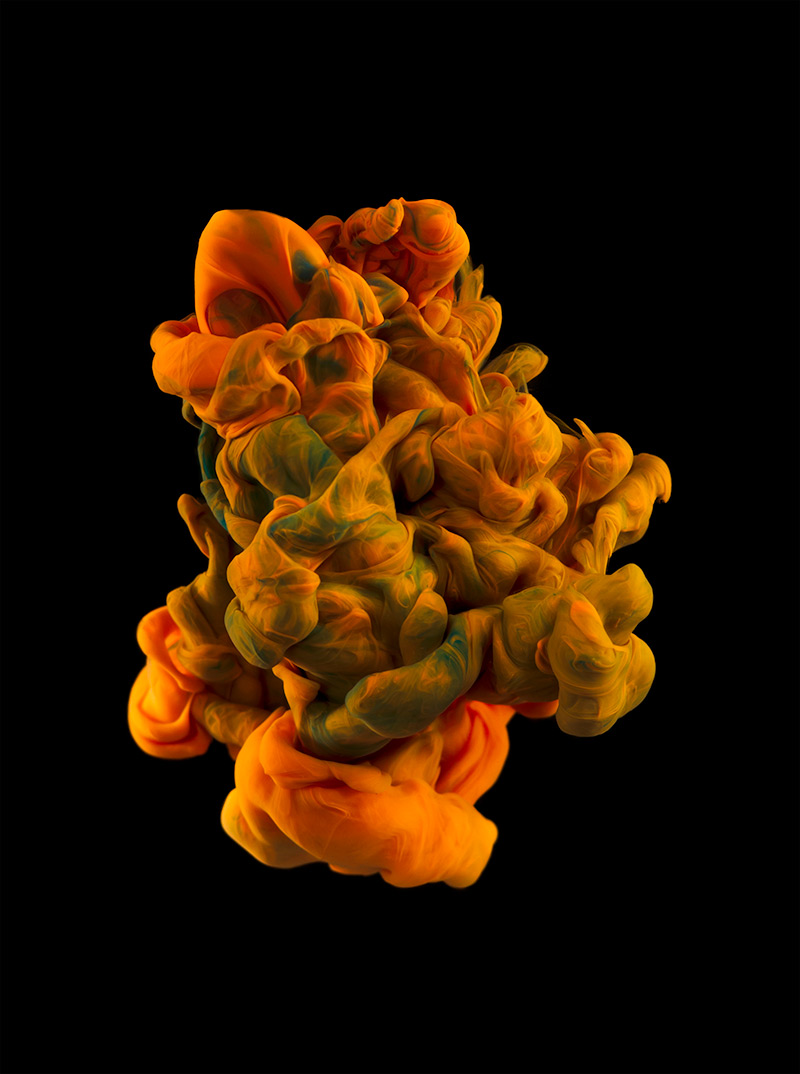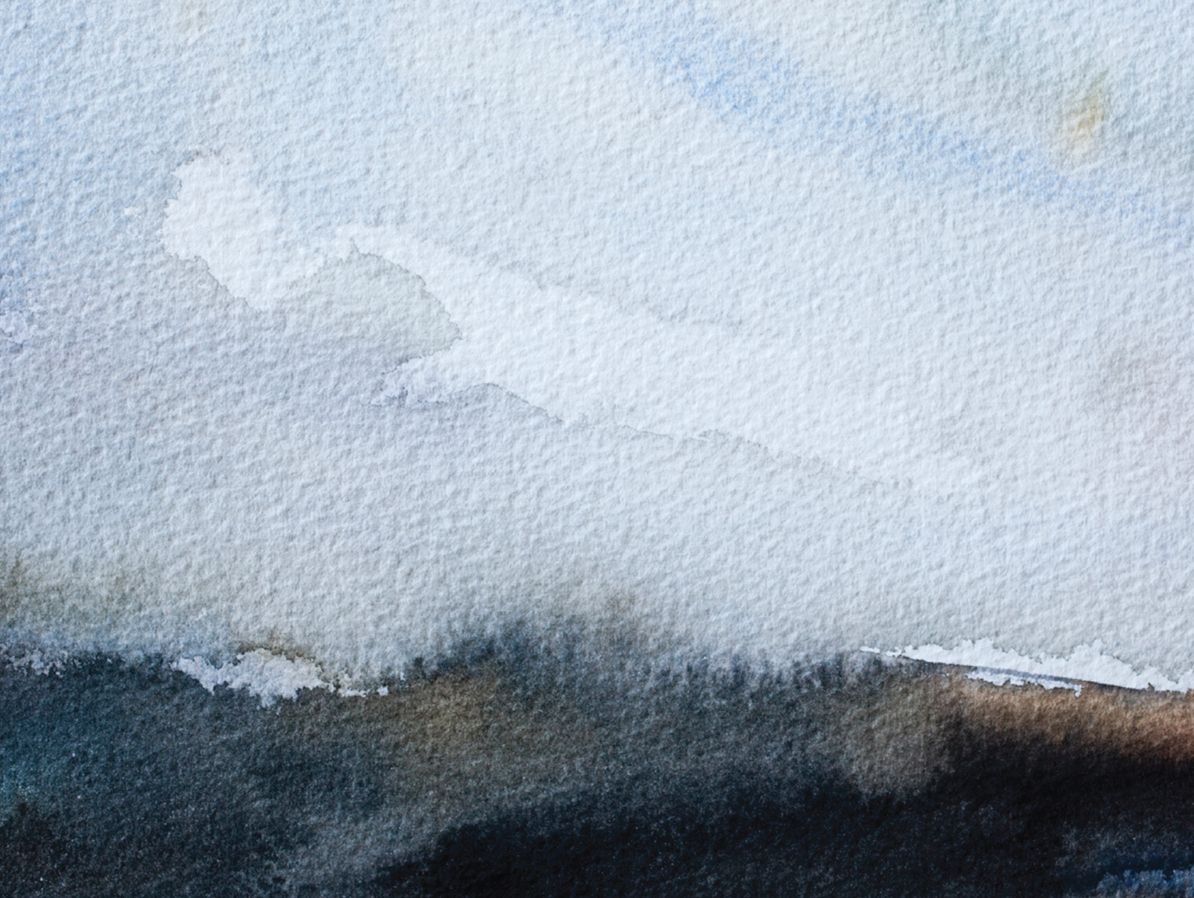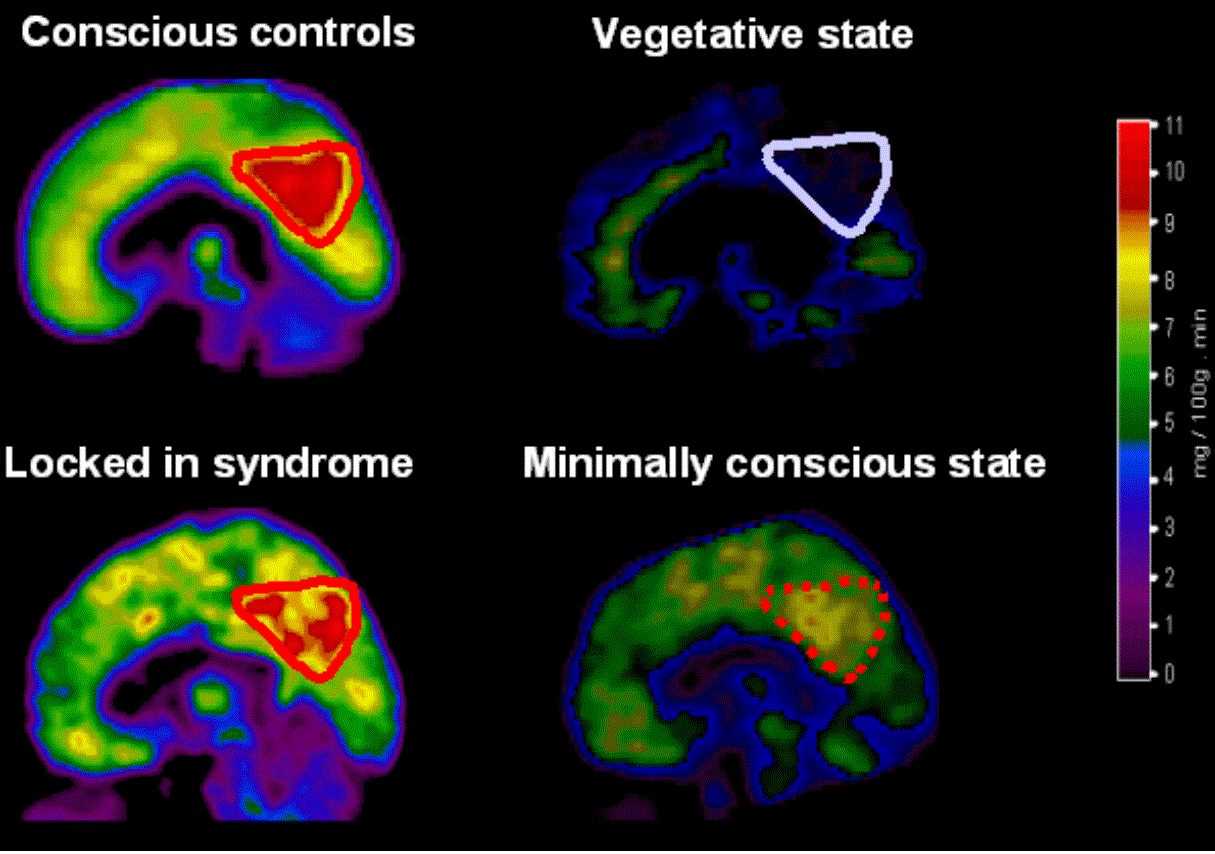Consequences of the dissociation between consciousness and attention
To substantiate the claims about our definitions of ‘consciousness’ and ‘attention’ we would like to explain how using the framework of dissociation (CAD) helps elucidate these meanings in two important ways. First, the framework shows that debates can be reinterpreted in insightful ways and second, it provides theoretical reasons to …







